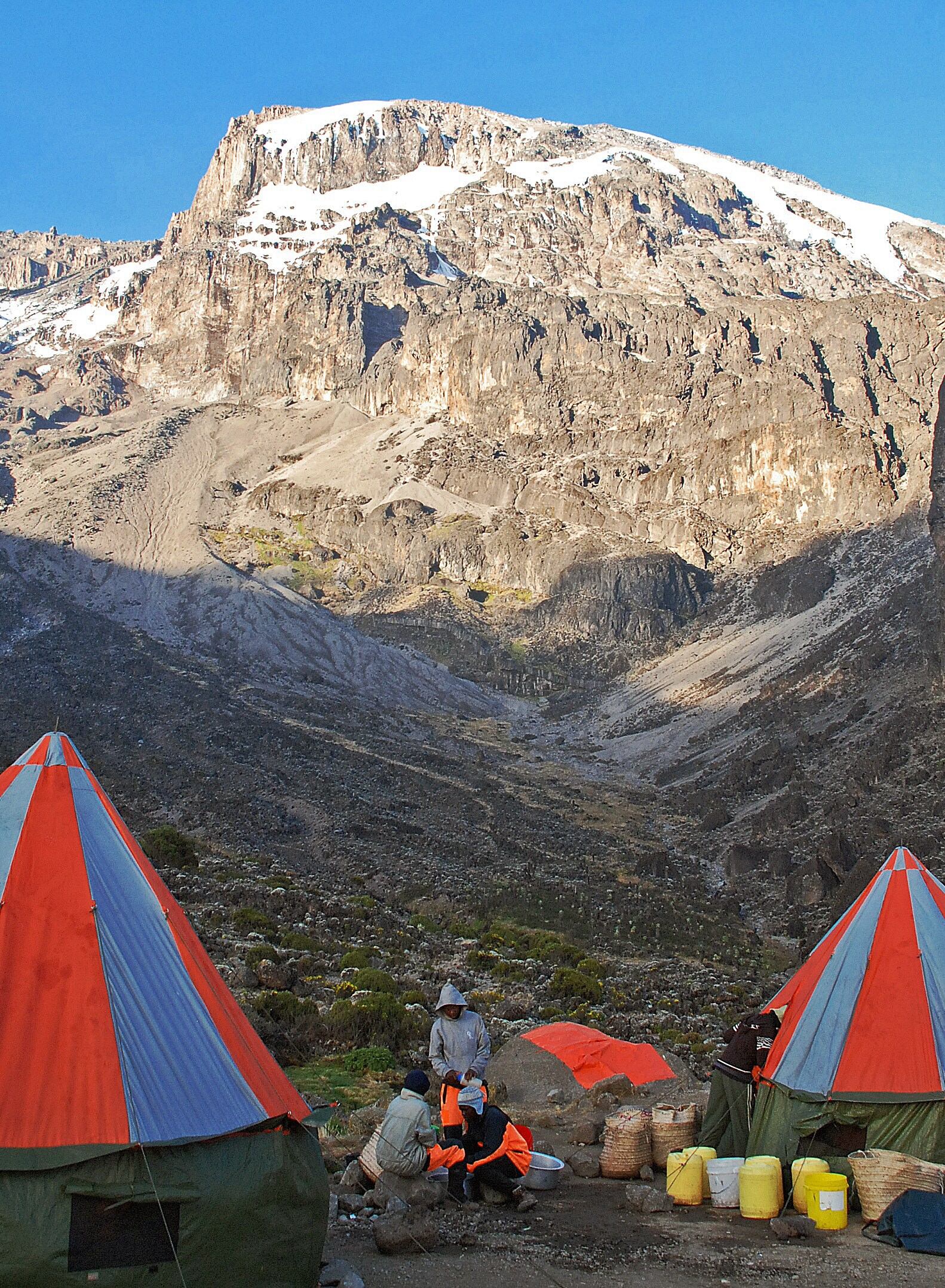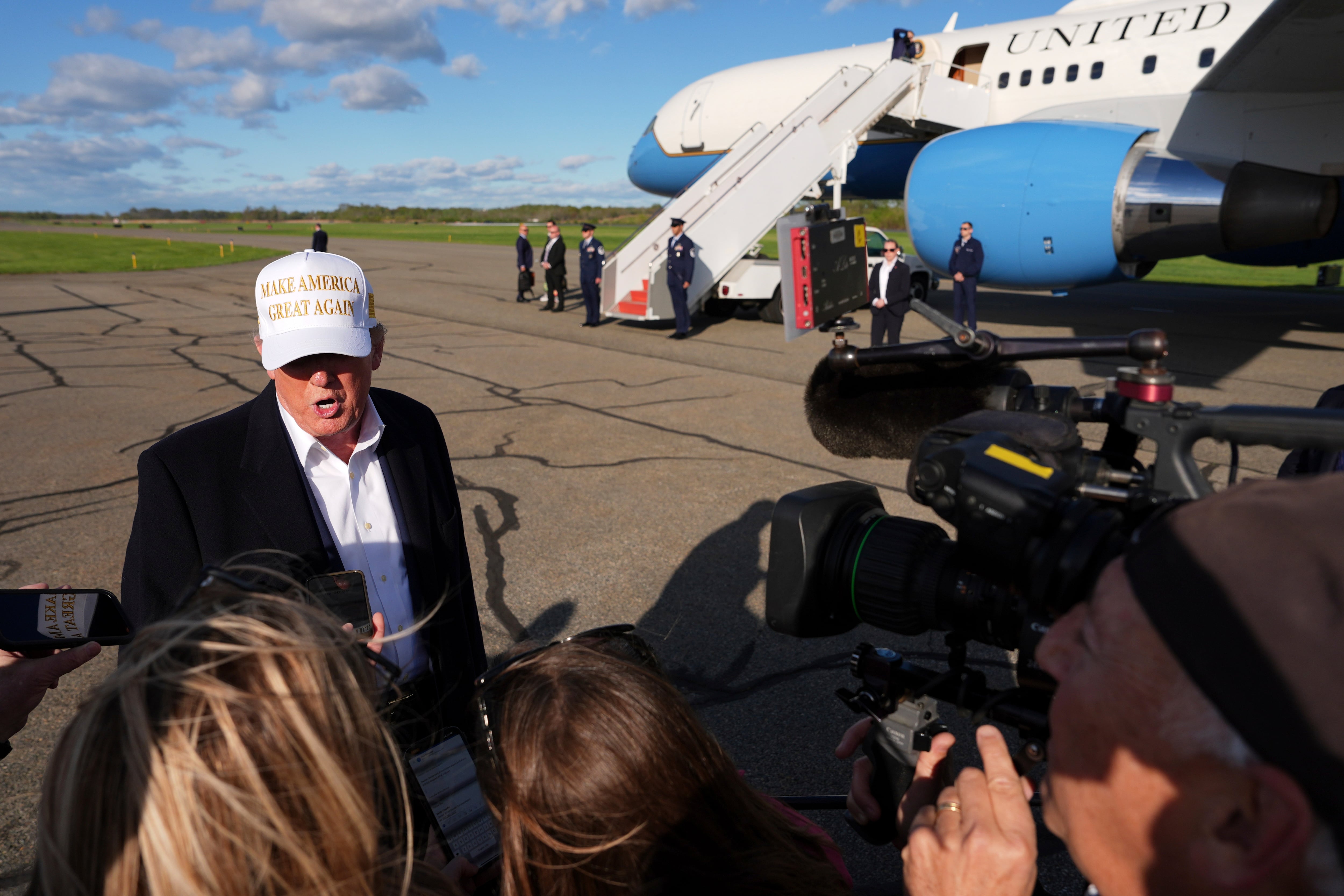Hours after getting the news that his NFL dreams would have to wait, former Staff Sgt. Nate Boyer found a new direction.
Up. About 19,300 feet.
Boyer had been released by the Seattle Seahawks in August after joining the team as a long snapper, a position he held at the University of Texas while making summer combat tours as a National Guardsman. Chris Long, a defensive end with the St. Louis Rams, reached out to Boyer to see whether the former Green Beret would participate in Waterboys, a charity Long formed to fund well-digging operations in Tanzania.
Long saw Boyer as an ambassador, perhaps lending a hand with one of the group's projects. Boyer envisioned something a bit more involved.
"I was on a stair climber and reading the options, and one of the options was Kilimanjaro," he said.
Soon, he'd committed to climb the mountain to raise funds for Long's charity. He'll leave shortly after the Super Bowl and will have a battle buddy: retired Marine Lance Cpl. Blake Watson, who lost part of his left leg in a roadside-bomb blast in Afghanistan in 2010. The pair shattered their initial $100,000 fundraising goal and are working toward $1 million at www.waterboys.org/kili.

A former Green Beret and a retired Marine will tackle Tanzania's Mount Kilimanjaro, Africa's tallest peak, in February to raise money for clean-water wells in the nation.
Photo Credit: Peter Martell/AFP via Getty Images
Boyer's thoughts on the climb and other post-service work, edited for brevity:
Q. Why Kilimanjaro?
A. We're going to climb the mountain, which is going to be a great challenge, and will be amazing to us, but this is kind of a way for us to continue service. ... Our new long-term goal is $1 million. That will be enough for 22 clean water wells, and that number is significant because there's roughly 22 veterans a day losing the battle with suicide. And I think one of the main reasons for that is that lack of purpose. It's tough when you can't find something that you think will ever be important as what you did in the military. More than anything, it's showing what we're capable of as veterans.
Q. What has it been like working with Lance Cpl. Watson?
A. Very quickly, we both realized that we have everything in common. We have the same mentality, the same sense of humor, we're the same guy, just with different backgrounds. We've done a few different events together over the last six months or so, and we've kept up with each other's progress. He's been awesome. I know he's going to make it. He's not going to quit, I'll tell you that. ... When I first asked him to be a part of this, he said. "I need a project like this. I want a project like this to kind of feed my soul, not just that physical challenge."
Q. You've been in front of people a lot. Public speaking isn't part of the Special Forces playbook. How have you been adjusting?
A. I was pretty uncomfortable with that at first. Special Forces, the Green Berets, are known as "the quiet professionals," and I felt like I had violated that by doing this. But the more I've talked to people about it, as long as helping other people is first and foremost why I'm doing this stuff, it doesn't really matter. … I'm not a great speaker. I'm not Tony Robbins or anybody. But I've realized that it's important to tell my story, to use that for good.
Q. What's in store for you after the climb?
A. I'm the executive director of MVP, Merging Vets and Players. A lot of these NFL players have these same issues [as veterans do]. They don't all become multimillionaires and big stars, that's a very small percentage of them. A lot of these guys, football is all they know. They ate, slept and breathed it. And then it's over. Maybe they only played three or four years in the league. They get done, and they don't know what's next. We're matching them up with veterans and helping them find that purpose again, realize they're both warriors in their own right.
Q. You're staying in NFL shape while you prepare for the climb. How do you see your football future?
A. I don't need it. I want it, and I love the game and I'm going to keep working toward it, but it doesn't define me. It's not something that if it never happens, that I'm going to view as a failure. Along with that, as long as I'm of healthy body and mind, and I'm able to do this, I can't just quit on it. I feel like I'd be letting people down who have supported me and had my back. … As long as it's still one of my passions, I can't not do it. I never want to live with regret.
Kevin Lilley is the features editor of Military Times.





